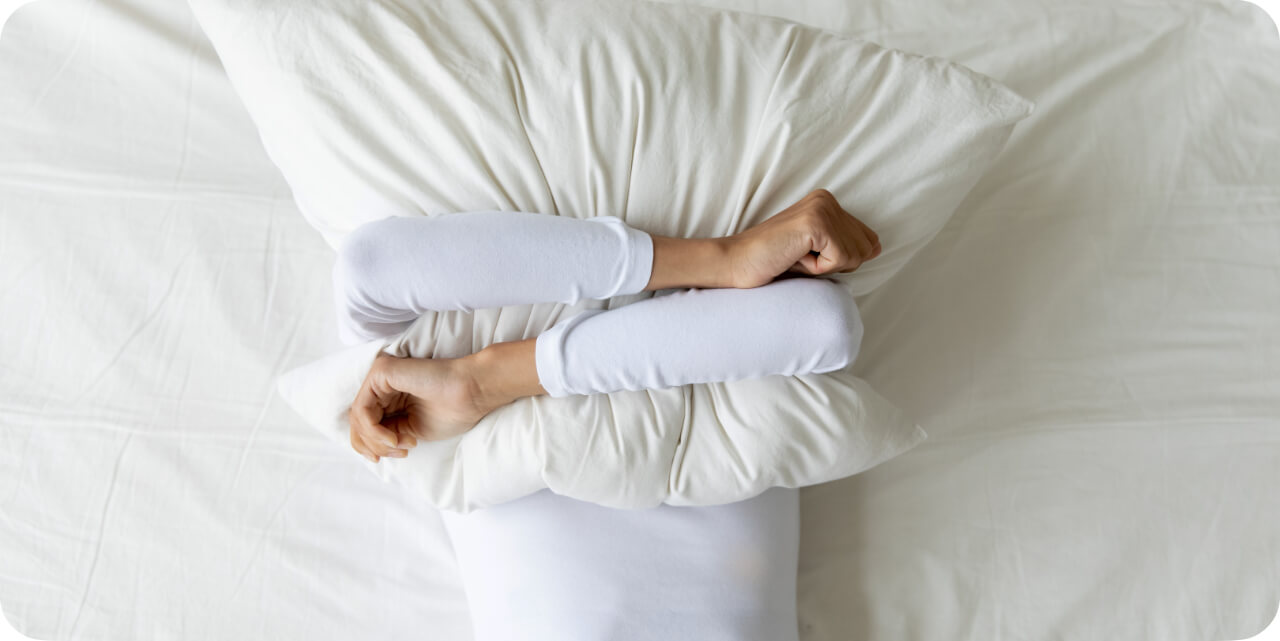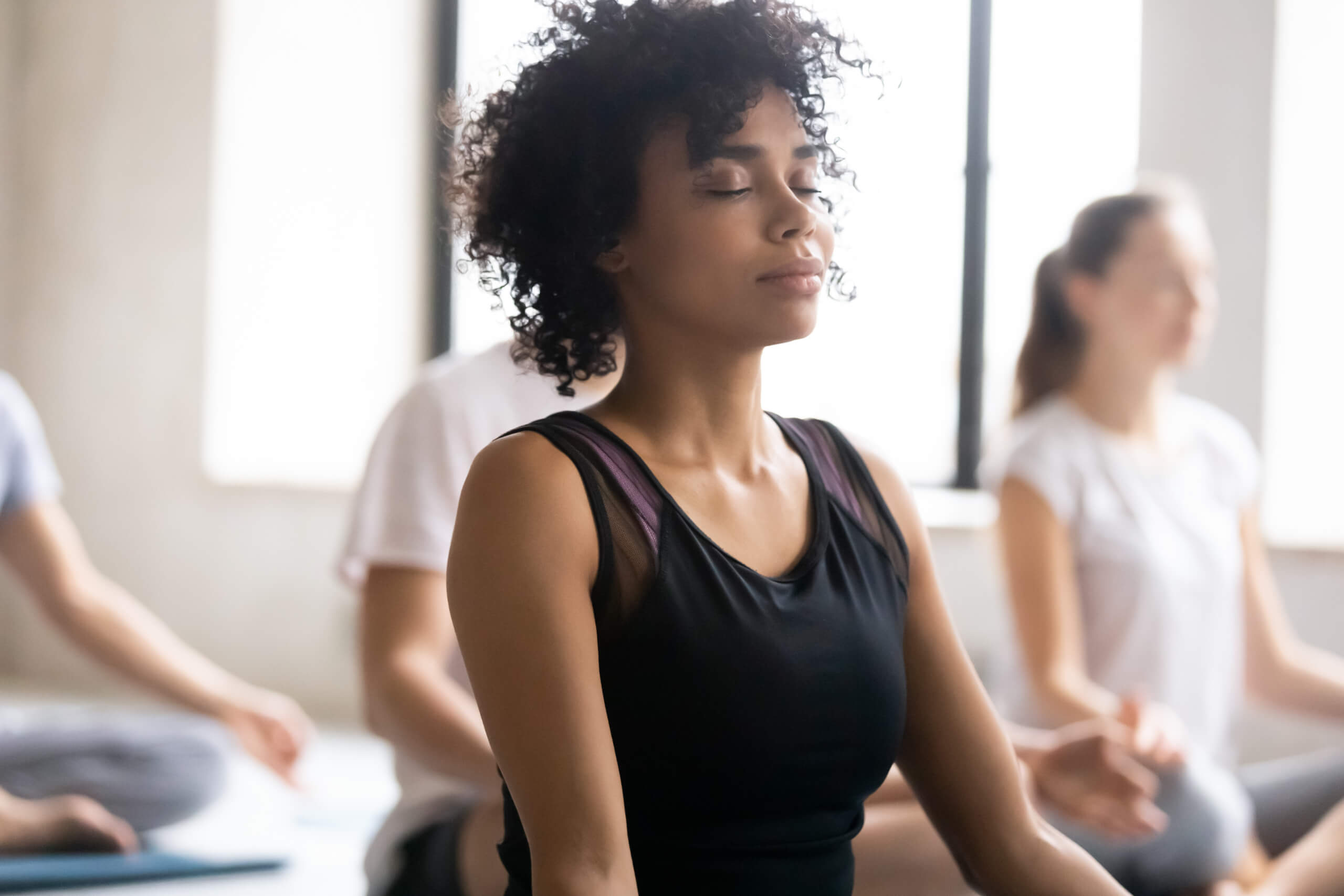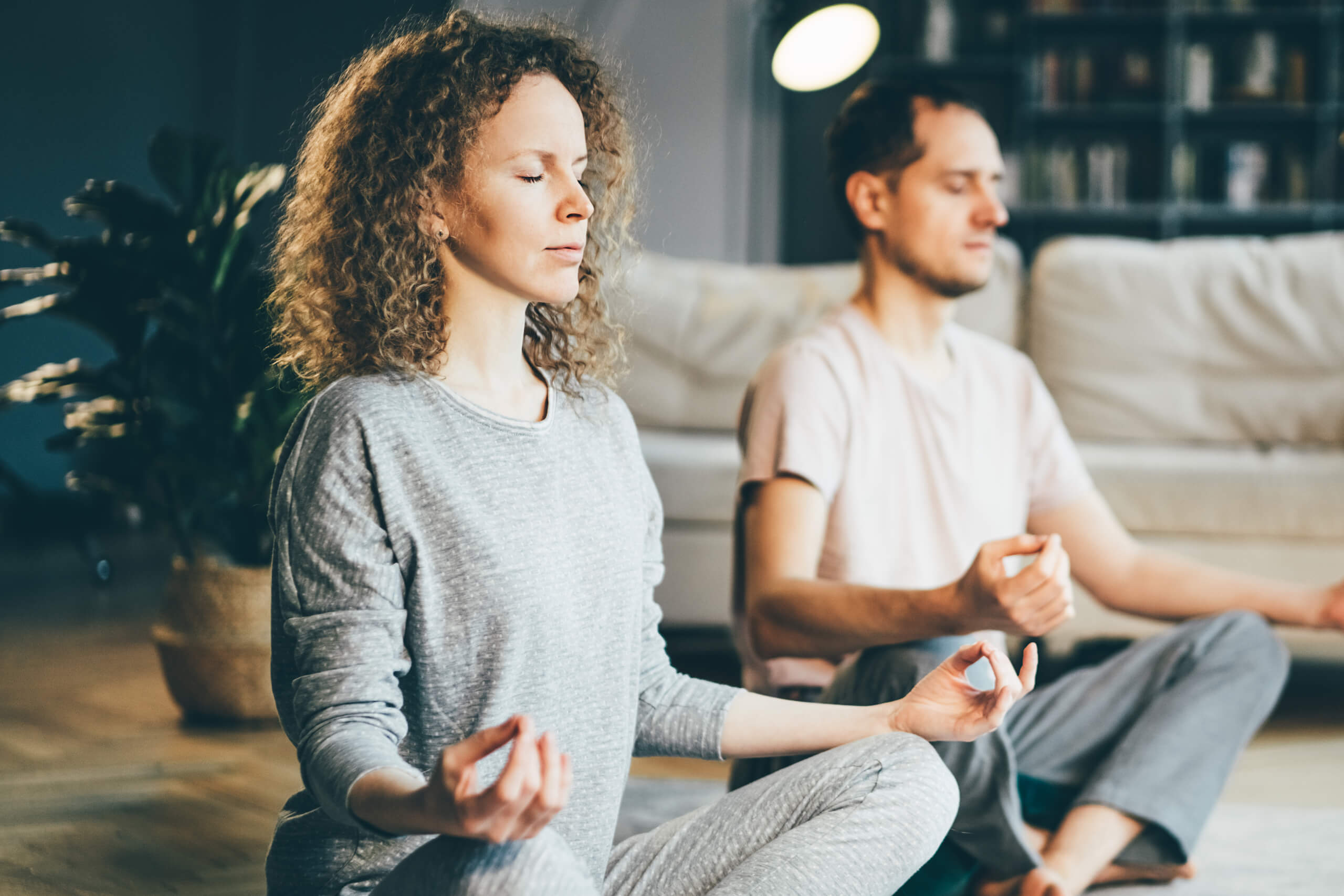What Is Insomnia?
Insomnia is a common sleep disorder characterized by trouble falling asleep, staying asleep, or both, resulting in insufficient sleep quality and duration. This condition can be short-term (acute) or can last a long time (chronic). It can also come and go, with periods of time where a person has no sleep problems.
Understanding Insomnia
Causes of Insomnia
Insomnia can be caused by various factors including stress, anxiety, depression, medical conditions, medications, poor sleep habits, or a significant life change.
Symptoms and Diagnosis
The most common symptoms include fatigue, low energy, difficulty concentrating, mood disturbances, and decreased performance in work or at school. Diagnosis often involves a thorough medical history and a sleep diary.
Consequences of Insomnia
Physical Health
Lack of sleep can lead to various physical health problems including weakened immunity, increased risk of chronic diseases, and hormonal imbalances.
Mental Health
Insomnia also affects mental health, leading to symptoms like irritability, anxiety, and depression.
Overcoming Insomnia
Lifestyle Changes
Lifestyle changes like reducing caffeine intake and maintaining a consistent sleep schedule can often improve sleep quality.
Sleep Hygiene
Practicing good sleep hygiene, like keeping the sleep environment comfortable and minimizing noise and light, can also contribute to better sleep.
5 Tips To Help You Sleep Better
Establishing a Routine
Consistency in your sleep routine can signal your body to sleep at the same time every day, which can help overcome insomnia. Establishing a bedtime routine can signal your brain that it’s time to wind down. This can include reading a book, taking a warm bath, or listening to soothing music. Make sure to wake up at the same time every day, even on weekends, to help regulate your body’s natural sleep-wake cycle.
Relaxation Techniques
Techniques like meditation, breathing exercises, and yoga can help to relax your mind before bedtime. These techniques can reduce stress, which is often a significant contributor to insomnia. Mindfulness practices can help you stay calm and can significantly improve your sleep quality. It’s essential to find what relaxation techniques work best for you and incorporate them into your nightly routine.
Dietary Adjustments
Avoiding heavy meals close to bedtime, reducing caffeine and alcohol intake can promote better sleep. It’s also beneficial to limit nicotine, as it’s a stimulant that can interfere with your ability to fall asleep. Opting for a balanced diet that includes a variety of different nutrients can also support better sleep. It may also be beneficial to have a light evening snack that includes an amino acid called tryptophan, which may boost serotonin (a sleep-inducing hormone).
Exercising
Regular physical activity can help you fall asleep faster and enjoy deeper sleep. However, timing is crucial; exercising too close to bedtime can interfere with your sleep. Try to finish workouts a few hours before bedtime to ensure that your body has time to wind down before you try to sleep.
Night Night Supplement
Night Night Supplement can be a viable solution for those looking to improve their sleep quality. This supplement is designed to support relaxation and a better night’s sleep. It’s advisable to consult with a healthcare professional before incorporating any new supplement into your routine to ensure it’s a safe and effective solution for you.
Creating a Restful Environment
Creating a conducive sleep environment is crucial for a good night’s sleep. Make sure your bedroom is cool, dark, and quiet. Invest in comfortable bedding and eliminate any noise that could disturb your sleep. If necessary, use earplugs, an eye mask, or blackout curtains to block out any distractions. Keeping your room clean and free from clutter can also create a more serene environment.
Avoiding Electronic Devices
The blue light emitted by phones, tablets, computers, and TVs can interfere with your sleep. Try to turn off these devices at least an hour before bed. Instead, you could read a book or listen to calming music to help your mind relax. Establishing a digital curfew can significantly improve your sleep quality and help you fall asleep faster.
These additional tips, along with the others mentioned, can be instrumental in overcoming insomnia and improving your sleep quality. Remember, finding what works best for you and being consistent with your sleep routine is key to better sleep.
Conclusion
By understanding the underlying causes of insomnia and taking steps to modify your lifestyle or incorporate supplements like Night Night, you can significantly improve your sleep quality and overall well-being.
FAQs
- What are the main causes of insomnia?
- Stress, medical conditions, and poor sleep habits are common causes.
- How can I improve my sleep hygiene?
- Keep a regular sleep schedule and create a comfortable sleep environment.
- Is it safe to use supplements for insomnia?
- It’s advisable to consult with a healthcare provider before using any supplements for insomnia.
- Can exercise really help improve sleep?
- Yes, regular physical activity can help you fall asleep faster and enjoy deeper sleep.
- Where can I purchase the Night Night supplement?
- You can purchase Night Night from here.
Related Posts
23/12/2024
The Link Between Sleep and Mental Health: How Night Night Helps
Ever feel like a bad night’s sleep turns your world upside down? That’s no coincidence. Sleep and mental health are…
11/12/2024
5-HTP: Supporting Mood and Sleep
Struggling with mood swings or restless nights? You're not alone. In today’s fast-paced world, maintaining emotional…
29/11/2024
Mood-Boosting Foods and Supplements for Better Mental Well-being
In our fast-paced world, maintaining mental well-being is more challenging yet more crucial than ever. Beyond lifestyle…
17/11/2024
How GABA Improves Sleep Quality and Relaxation
In today’s fast-paced world, many people struggle with achieving a restful night’s sleep. Anxiety, stress, and hectic…
05/11/2024
The Role of L-Theanine in Promoting Relaxation and Sleep
L-Theanine, an amino acid primarily found in tea leaves, has been celebrated for its unique ability to promote…
24/10/2024
How to Manage Stress Naturally with Supplements
Stress is an unavoidable part of life, but how we manage it can make all the difference in our mental and physical…
12/10/2024
Understanding the Gut-Brain Connection: Diet for Mental Health
Did you know that your gut and brain are constantly communicating? It’s called the gut-brain axis, and it plays a vital…
30/09/2024
The Role of Adaptogens in Reducing Stress and Anxiety
In today's fast-paced world, stress and anxiety are common challenges many of us face daily. While lifestyle changes…
18/09/2024
Top 7 Natural Supplements to Boost Your Mental Clarity
In today’s fast-paced world, maintaining mental clarity is more important than ever. Whether you’re juggling work…












